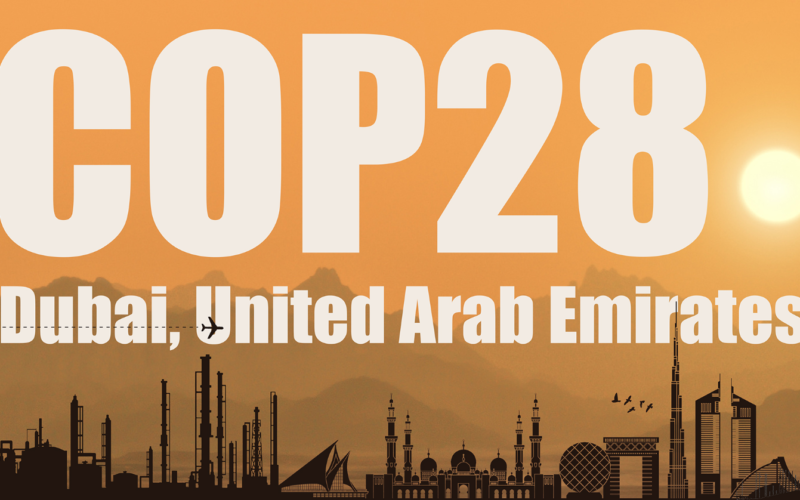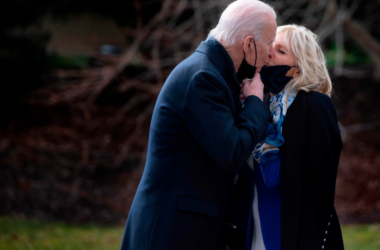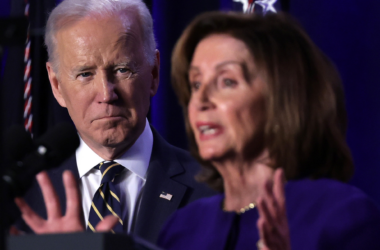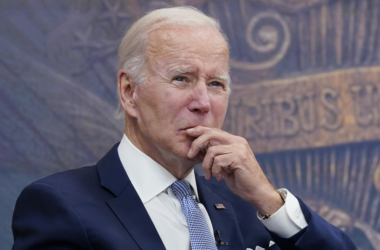As the host nation for COP28, the United Arab Emirates (UAE) is under the global spotlight as a champion of environmental sustainability. However, recent data exposes a disconcerting reality: the UAE, in direct contradiction to its self-imposed ban on routine gas flaring, has been engaging in such practices. This article delves into the implications of this revelation, examining the data, its potential environmental impact, and the challenges it poses to the UAE’s commitment to combating climate change.
As the upcoming host of the 28th Conference of the Parties (COP28), the UAE is expected to demonstrate exemplary environmental stewardship. The COP events are crucial platforms where nations come together to address the pressing issues of climate change, making the host country a symbol of commitment to sustainable practices. However, the recent revelation of routine gas flaring in the UAE raises questions about the nation’s adherence to its own environmental pledges.
Detailed analysis of environmental data reveals that the UAE, despite its purported commitment to reducing carbon emissions, has been breaking its own ban on routine gas flaring. Gas flaring, the burning of excess natural gas during oil extraction, is a significant source of greenhouse gas emissions, contributing to global warming and environmental degradation. The contradiction between the UAE’s environmental rhetoric and its actual practices calls into question the sincerity of its commitment to combating climate change.
Gas flaring releases harmful pollutants into the atmosphere, including carbon dioxide and methane, both potent greenhouse gases. The environmental impact extends beyond the immediate vicinity, contributing to climate change on a global scale. The revelation that the host country of COP28 is engaging in such practices raises concerns about the effectiveness of international climate agreements and the need for greater accountability in implementing and enforcing environmental commitments.
The data indicating routine gas flaring in the UAE poses a challenge to the nation’s standing as a leader in environmental sustainability. As the host of COP28, the UAE is expected to set an example for the global community, emphasizing the urgency of adopting eco-friendly practices. The apparent contradiction between the nation’s environmental commitments and its actions not only undermines its credibility but also raises questions about the efficacy of global climate initiatives.
Addressing the issue of routine gas flaring requires a transparent acknowledgment of the problem and concrete steps towards rectification. The UAE must prioritize the implementation of environmentally friendly technologies in its oil extraction processes, seeking to eliminate routine gas flaring and align its practices with its stated commitment to sustainability.
As the UAE prepares to host COP28, the revelation of routine gas flaring within its borders underscores the importance of genuine commitment to environmental responsibility. The global community will be closely watching as the host nation grapples with this contradiction, emphasizing the need for accountability and decisive action to align actions with words in the pursuit of a sustainable future.








